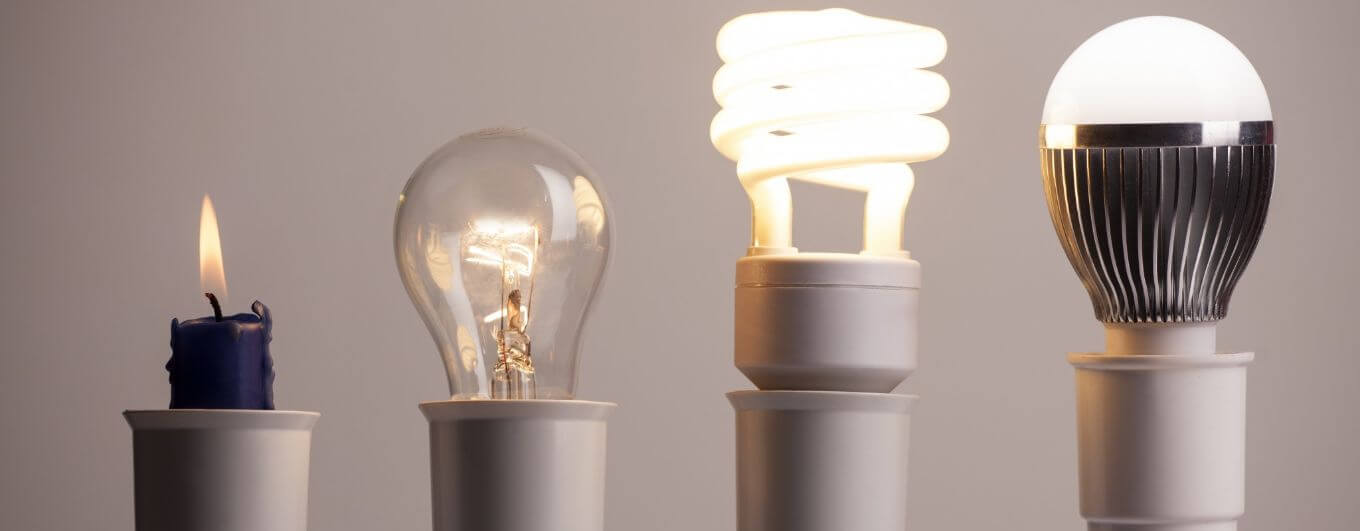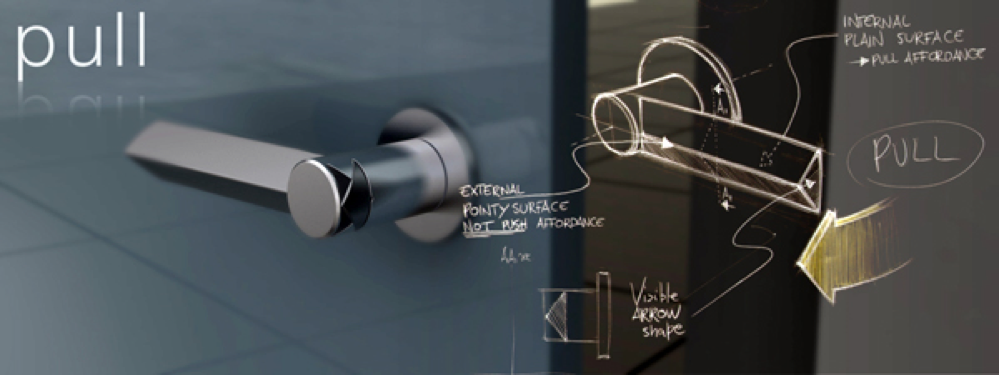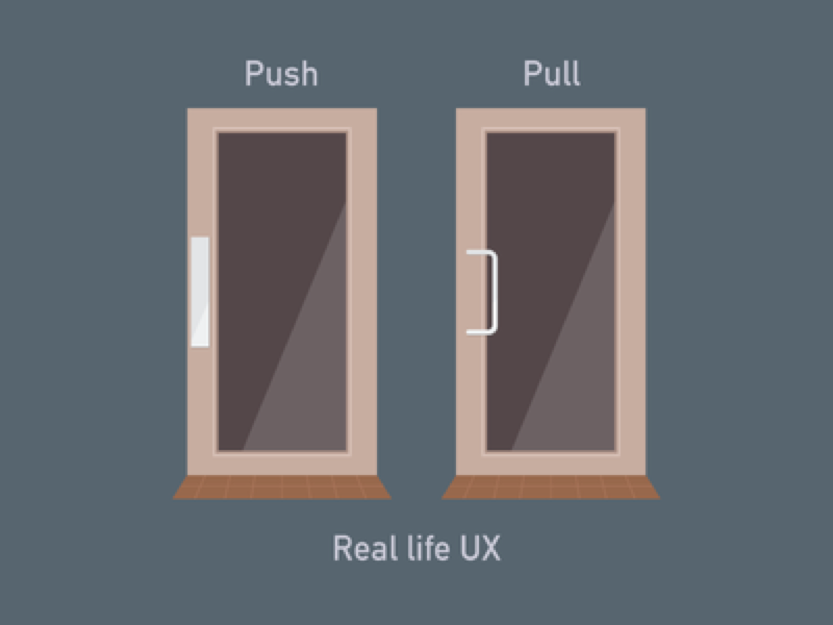Design of Everyday Things – why it is a great resource for UX-ers and everybody else

About Don Norman
Donald A. Norman was born in 1935 in America. He graduated from MIT in electrical engineering and from the University of Pennsylvania in electrical engineering and mathematical psychology. He is also the founder of the Cognitive Science department at UCLA (University of California, San Diego). Besides his impressive academic history, he has been also active outside of the walls of higher education institutes. He has served as an advisor and writer in the field of cognitive engineering. This real-world experience helped him to realise that the many troubles people have to struggle with on a day-to-day basis are caused by the faulty design of everyday things.
Donald A. Norman is the first who had in his job title the expression ‘User Experience’ at Apple. His educational background in electrical engineering and cognitive science and his advisory role for multiple companies led him to the recognition of the ultimate trouble with everyday things that are intended to make people’s lives easier.

The Design of Everyday Things
Don Norman’s classic book is worth reading for several reasons, irrespective of if you are a professional UX designer (nevertheless, in that case you’ve most likely already read it at least once) or just a mortal being who is generally interested in design or psychology or both of them.
The The Design of Everyday Things (DOET for short) first and foremost sets you free from the frustrating feeling that you are the one to blame for not being able to complete simple tasks during a casual day. It helps you understand that although humans are pre-destined to err, designers are the ones who should help people to minimise failure.
Most importantly, this book arms you with bravery and demolishes the false obstacles you have been building around you by telling yourself that you are bad at technological stuff and you can’t do it. This book gives you the key of completing tasks which you were convinced that you are not able to. It is your, and everyone else’s table and now you can live a fuller life by knowing that it is not always your fault and that you can question the design of the everyday things.
From a UX perspective, the DOET is a classic work because it sets the foundations of the philosophy behind user experience design. Donald Norman knows the world from the engineer’s as well as from the cognitive scientist’s perspective. It is a very unique combination and shows us that even though engineers and designers are trying to do their best to create wonderful tools and products, this endeavour is predestined to fail if we omit the subject of the actual design, the future user of the product.
The writer points out the responsibility of the designer to reveal most of the possible errors a human can make while using the future product/service and help them minimise these by constraining the possible actions and/or highlighting the correct usage by subtle signs such as the famous example in the book with the door handlers.

In that example, Norman explains how clumsy and frustrated he felt each time he pushed a door which was operated by pulling or reversely, when he pulled it but the door opened as if it was pushed. The door example is a good one because everybody had the experience once in a while and is familiar with the feeling of shame and clumsiness after the event.

Nevertheless, there are way more destructive consequences of a bad design than a frustrated person. Norman also points out how nuclear plant disasters or plane crashes could have been prevented if designers had kept the circumstances in mind in which their product would be used.
The human brain is liable to error
Norman’s user-centered mindset is possibly due to a blend of life experience, education and genuine interest in the human mind and its operation. Norman studied human memory, attention and decision making for a long time and that is why he is so aware of the faultiness of the human brain.
For example, he explains how we are overgeneralising unique experiences and make a decision based on the one previous unique experience instead of trusting the statistically more probable outcome. Moreover, we use so-called schemas and place our experiences with the world in these schemas to function effectively, with little conscious effort.
However, these schemas can interfere with our actions when we are encountering a new situation where our schemas no longer hold. Understanding and keeping in mind these and similar properties of the human memory and information processing can be highly advantageous when we design any kind of product because this helps us to see our users from a different perspective, from where we stop blaming them for not using our products ‘well’ and start to investigate the causes of why they use the products the way they use them.
Don Norman was able to connect industry with science, design with psychology, humans with other humans through his elaborate examples, sensible humour and attention to details in an area where people have not been able to find common ground before. Essentially, he gave us the understanding to the why-s we could not answer neither from the ordinary user’s nor from the expert engineer’s and designer’s side.
We only have to use the damn key and open the Norman door…hopefully we will figure out whether to push or pull!
recommended
articles
Find out more about the topic



Share your opinion with us